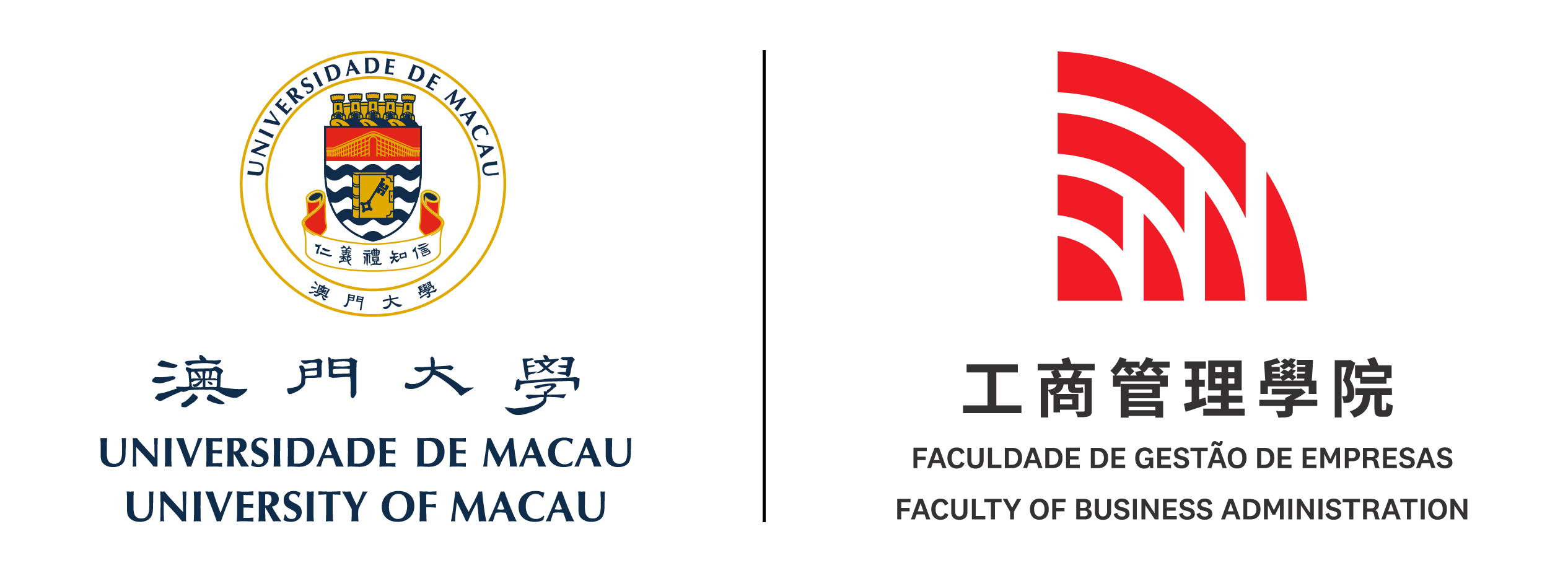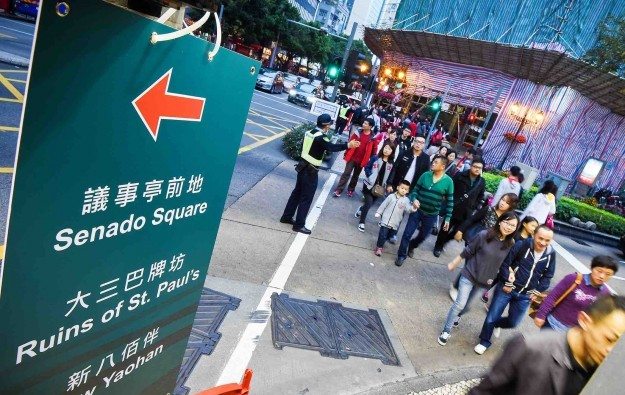Source: GGR Asia
One of the authors of a newly published study on Macau residents’ views on the city’s casino and tourism development says it is “worrying and disappointing” that – during the study period – respondents were “increasingly feeling and expressing negative sentiment towards tourism”.
‘House of Cards – An analysis of Macao’s resident support for tourism and casino development’, by Glenn McCartney and Winnie Lei Weng In, from the University of Macau, asked respondents about their level of support toward Macau’s tourism industry. It also quizzed them on tourism products they would like to see in the market.
“Casinos ranked the lowest (for both casino and non-casino employees),” stated Mr McCartney, an assistant professor in hospitality and gaming management at the university.
“As we explain, this is less to do with not supporting casinos, but other issues weighing down on residents such as traffic congestion and an inadequate public transportation system,” said the academic.
Macau’s land mass covers only 30.3 square kilometres (11.7 sq miles), according to the city’s Statistics and Census Service, but the city nonetheless received approximately 31.5 million visitors in 2014. Macau has one of the highest population densities in the world, at 21,218 people per square kilometre.
The University of Macau’s study results on resident attitudes are reported this month in ‘Tourism and Hospitality Research’, an international academic journal.
The study was based on a survey conducted online and face-to-face via questionnaire, from November 2013 to February 2014.
A total of 351 valid resident responses were recorded. The majority of the respondents – a total of 57.8 percent – were female. Additionally, a majority – a total 53.8 percent – was not working in the tourism industry.
Nearly half of those replying – totalling 48.7 percent – were in the 20 to 29 years age group, and 61.8 percent of all respondents said they had a college education.
The study looked at three hypotheses: that Macau residents were generally supportive of Macau’s tourism industry; that Macau residents who worked in tourism had different attitudes toward it than those not in the sector; and that Macau residents who worked in tourism had different ratings of acceptability towards various tourism product development options than those not working in the sector.
Score system
Those polled were asked to measure on a scale of one to five their views on related topics, with one indicating disagreement or ‘not acceptable’ and five indicating strong agreement or ‘very acceptable’.
“Casino resorts
It added: “Casinos were the only tourism development option that recorded a statistical difference… in the level of support, with those working in the tourism industry more supportive than those not.”
Respondents showed support for a light rail public transport system (3.92), amusement parks (3.82), hospitals (3.82), and cycling tracks (3.65). In February, Macau’s Secretary for Transport and Public Works, Raimundo do Rosário, said the city’s long-delayed light rail system would only be completed between 2017 and 2018 – and only then for a section of the envisaged network.
The study additionally noted: “There were statistical differences… in the level of support for gardens and parks and pedestrian walkways between those who worked in tourism compared to those who did not. Those who did not work in tourism found these products more acceptable for Macau.”
The authors said the development of Macau as a single-jurisdiction world leader in casino expansion and in growth of gross gaming revenue had “not translated down to community endorsement” of tourism policy.
The statement “Tourism development increases the traffic problems of my neighborhood” generated a score of 4.60, the strongest agreement registered in the survey; while the statement “In recent years, my neighbourhood has become overcrowded because of tourists,” got the next-highest agreement, at 4.49.
The statement “Tourism results in an increase in the cost of living,” scored 4.22. Respondents did recognise however the overall economic benefits of the casino industry – on which the government levies an effective tax rate of 39 percent on the money wagered.
The statement “Tourism provides important tax revenues which benefit my neighbourhood,” scored 4.16.
Nonetheless the study authors noted: “To ignore and not solve issues such as traffic congestion, overcrowding, and inflation… could create further negative impressions toward tourism in the future.”
A senior Macau government official said in February that the administration was exploring the idea of a cap on the number of visitors to Macau, possibly for certain busy periods such as public holidays. The language was shifted days later to “improving” inbound visa policy. Last year, 9.6 million tourists visited Macau under mainland China’s Individual Visit Scheme which administers outbound visas to Macau and Hong Kong. Independent Chinese travellers accounted for 45 percent of mainland visitor arrivals to Macau in 2014.


